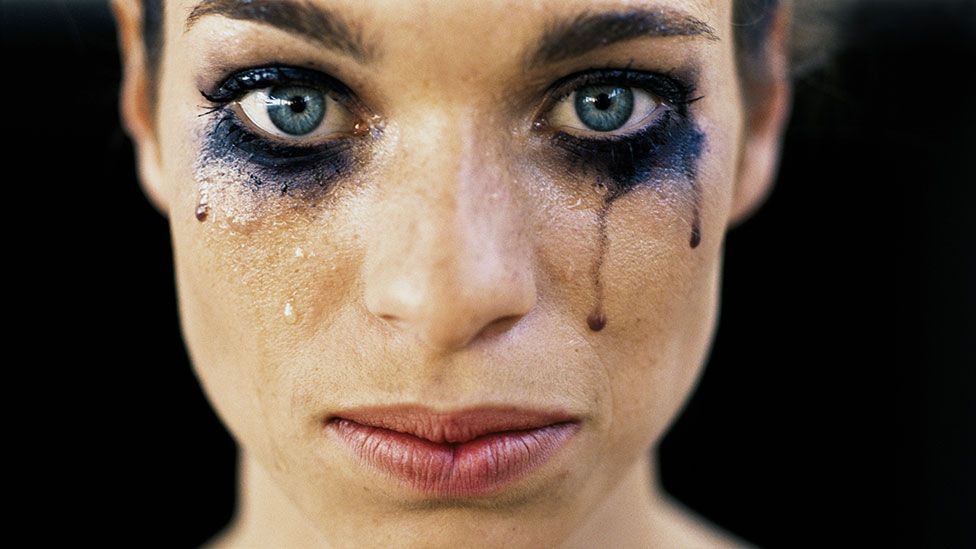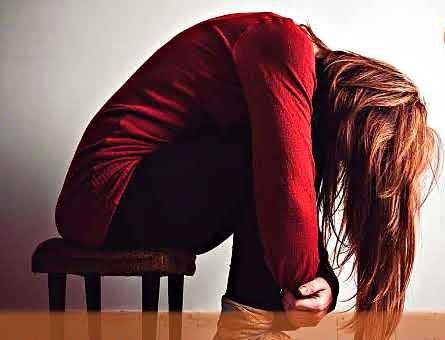(2) Feelings of Unattractiveness: Those experiencing loneliness may perceive themselves as unattractive or unlikable. This causes a big setback to our self-confidence and self-image. We may honestly believe that others are not interested in us due to our perceived unpleasantness. “I’m too fat, too tall, too boring …..”. The fact is that we’re just too critical of ourselves - how we look, talk or smell doesn’t lead to loneliness, but it certainly helps us justify why we should not attempt change.
Can Loneliness Change Our Self Perception?
Can Loneliness Change Our Self Perception?

Yes – definitely. Loneliness has a way of distorting our sense of who we are. We can question our worth and our place in a world that doesn’t seem to care about our presence. Loneliness often leads to negative self-perception and increasing self-doubt. We may come to believe we are unworthy of meaningful relationships when we feel excluded from the world.
Fortunately, we can regain our clarity of self. Understanding how loneliness can shape our self-perception is a major key to reclaiming our sense of worth, piece by piece. With this understanding, we can embark on a journey to nurture our self-worth, building it into a fortress that stands resilient against the tides of loneliness, reaffirming our intrinsic value in this world.
Our Changing Self Perception
Self perception is how we see ourselves. It includes the beliefs, opinions, and ideas we have about own qualities, characteristics, and identity. Self-perception is not fixed; it can change over time based on experiences, feedback from others, and personal growth. Loneliness has been proven to have a negative effect on our self-perception and can erode our mental well-being. Here are some ways in which loneliness can change our self-perception:

(1) Negative Self-Image: Loneliness can lead to feelings of inadequacy and low self-esteem. When we feel isolated and disconnected, we may question our self-worth and believe we’re unworthy of meaningful relationships. Our level of self-acceptance can diminish - we may no longer feel comfortable having weaknesses and often struggle to see our own strengths. Instead, we start to focus on our imperfections. Our self-confidence will be depleted as we no longer believe we have the abilities required to tackle life’s challenges. Accompanying this can be a loss of resilience. We may feel unable to cope with setbacks and failures in other aspects of our lives.
With a negative self image we might equate our sense of worth only to external achievements and the opinions of others. This can lead to incorporating unhealthy boundaries in relationships, opening us up to mistreatment and disrespect from others. Having a low self-image will also inhibit self-compassion. We won’t allow ourselves to make mistakes. We’ll feel we are never enough. Feeling inadequate will also take away our motivation to pursue our goals and dreams, believing we are not capable and don’t deserve success and happiness. Without the will to change our circumstances, our loneliness cycle will continue.


(3) Self-Criticism: Loneliness triggers our self-critical thoughts and self-blame. We may internalize our loneliness and believe it's our fault that we’re alone, leading to ongoing self-criticism and negative self-talk. “If only I did this, looked like that, or was more fun.” We are our own worst critic in life, and when we have no social connections to tell us we’re wrong, the hurtful things we say to ourselves only deepens our sense of loneliness.
(4) Impaired Self-Efficacy: Loneliness can erode self-efficacy, the belief in one's ability to accomplish tasks and reach goals. When we feel isolated, we may doubt our capacity to initiate and maintain social connections, further undermining our self-perception. For example, loneliness can make us believe we’re not capable of developing friendships. We come to believe we don’t have the skills to make friends, maintain relationships or be loved. This can be carried over into other aspects of life as we come to believe we lack any skills or abilities.

(5) Social Rejection Sensitivity: Loneliness can make us become hypersensitive to social rejection. We can find ourselves constantly interpreting neutral or ambiguous social cues as signs of rejection. This will reinforce our negative self-perception. For example, if no one stops to chat at work, we may misinterpret this as rejection by others, whereas it may be because everyone is busy. We can be overly reactive to things that have no significance or meaning, believing we are repeatedly rejected by others.
(6) Feelings of Unworthiness: Loneliness can lead to feelings of unworthiness and a belief that we don’t deserve happiness or meaningful relationships. This can significantly impact self-perception and self-esteem. Feeling unworthy further pushes us into isolation, and the cycle continues.

(7) Loneliness as Destiny: Loneliness often leads to intentional self imposed social isolation. We don't believe we belong in the outside world. We don't feel we were destined to have companionship, lovers or friends. Unfortunately this deprives us of the benefits of human interaction and support networks. This distancing can increase feelings of distress and a sense of being unsupported during difficult times. Withdrawal from social interactions is due to growing negative self-perception, creating a self-reinforcing cycle of loneliness.
In The End
It's important that we recognize how loneliness affects our self-perception. This enables strategies to be developed to counteract or challenge the negative thought patterns perpetuating the cycle of loneliness. Awareness of our faulty self-perception will give us greater capacity for self-growth and resilience, and will allow us to shape our own emotional destiny. To win this battle we should think of loneliness as the silent thief who robs us of our ability to truly see who we are. It distorts what we know to be true about ourselves - that we are worthy, good, loveable and whole.
To find out more about Loneliness Counselling click here, or go to Contact Page to make an enquiry.


In the spirit of reconciliation, Beverley Stewart - Counselling / Psychotherapy / Groups acknowledges the Traditional Custodians of country throughout Australia and their connections to land, sea and community. We pay our respects to their Elders past and present and extend that respect to all Aboriginal and Torres Strait Islander peoples today.








